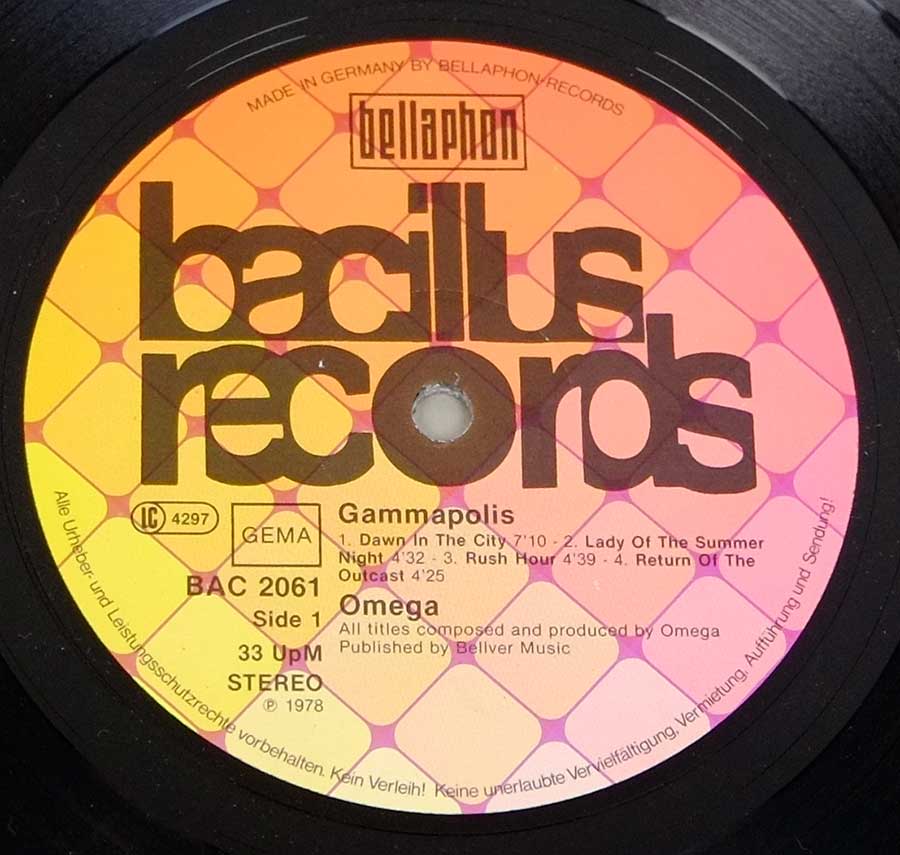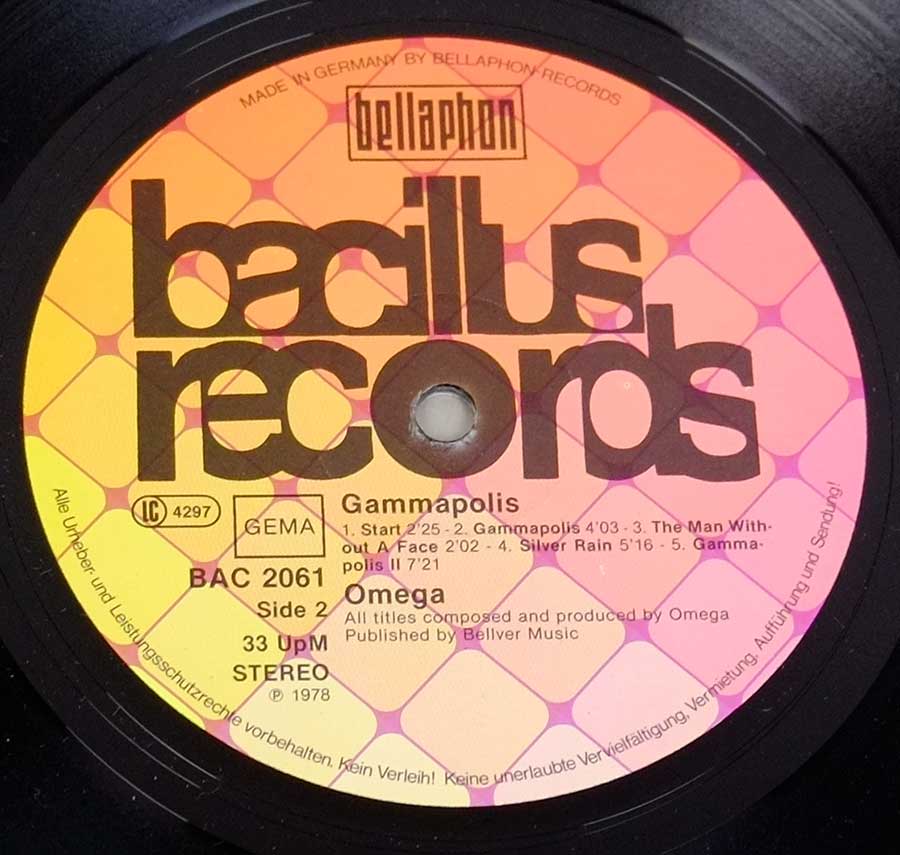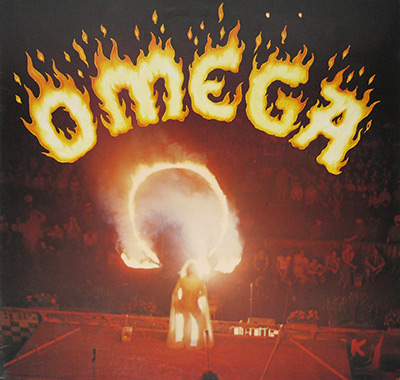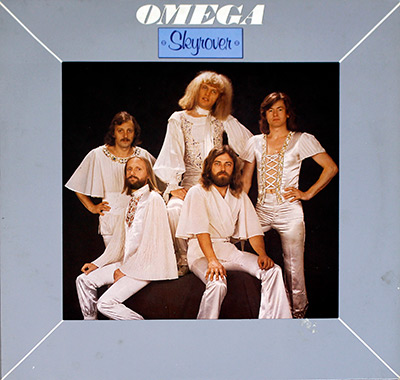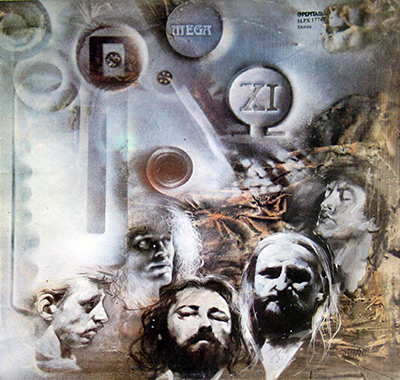In the heart of the Cold War era, Hungarian rock band Omega released "Gammapolis," a groundbreaking progressive rock album that defied both musical and political boundaries.
Historical Context and Musical Exploration
Released in 1978 on the state-owned BACILLUS Records label, "Gammapolis" was a bold departure from the prevailing musical trends in communist Hungary. The album showcased Omega's willingness to experiment with progressive rock, a genre often associated with Western decadence and individualism.
Omega, comprised of János Kóbor (vocals), György Molnár (guitar), László Benkő (keyboards), Tamás Mihály (bass), and Ferenc Debreceni (drums), embarked on a sonic journey that blended elements of psychedelia, space rock, and hard rock. This musical exploration was not without its challenges, as the band had to navigate the restrictions imposed by the communist regime.
Controversies and Creative Freedom
The album's lyrical content, often touching on themes of space exploration, technology, and societal change, raised eyebrows among the authorities. However, Omega cleverly used metaphors and symbolism to express their ideas, evading censorship while still conveying their message.
Production and Studio
"Gammapolis" was recorded at the state-of-the-art Pannónia Filmstúdió in Budapest, a testament to the band's growing popularity and recognition. The album was produced by Péter Erdős, a prominent figure in the Hungarian music industry, who played a crucial role in promoting and supporting Omega's creative endeavors.
Musicians and Their Contributions
Each member of Omega brought their unique talents to "Gammapolis." János Kóbor's charismatic vocals and stage presence were a driving force, while György Molnár's innovative guitar work and László Benkő's keyboard wizardry added depth and complexity to the music. The rhythm section, consisting of Tamás Mihály on bass and Ferenc Debreceni on drums, provided a solid foundation for the band's sonic explorations.


